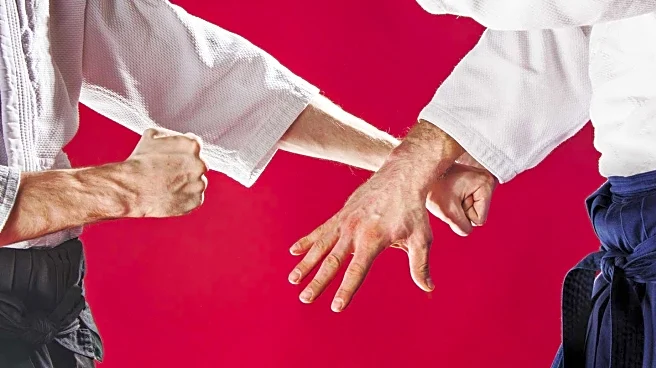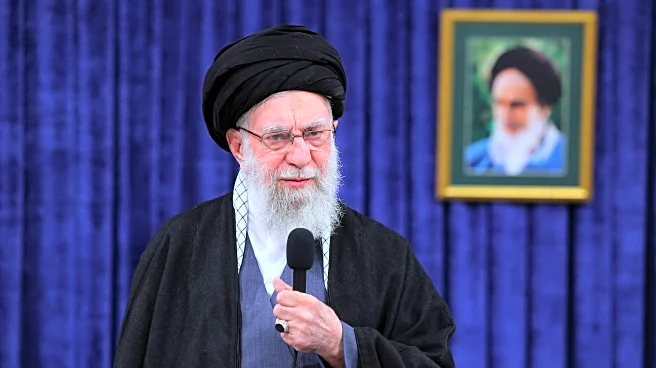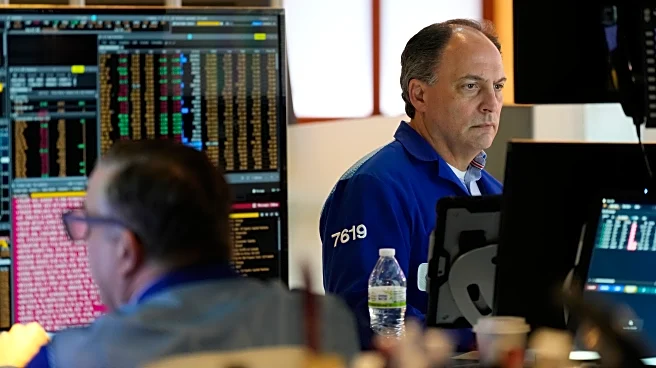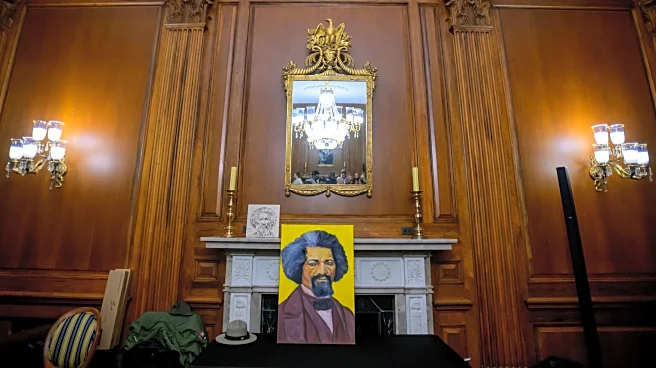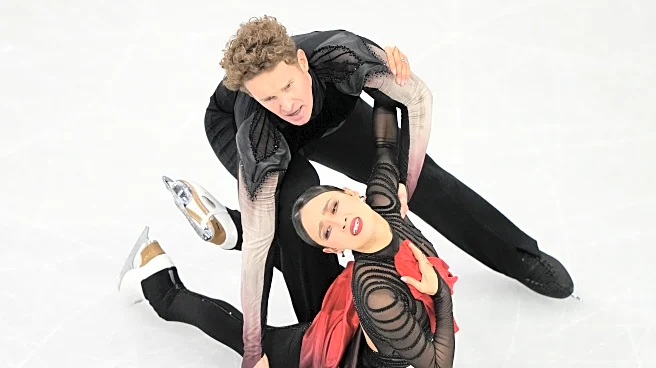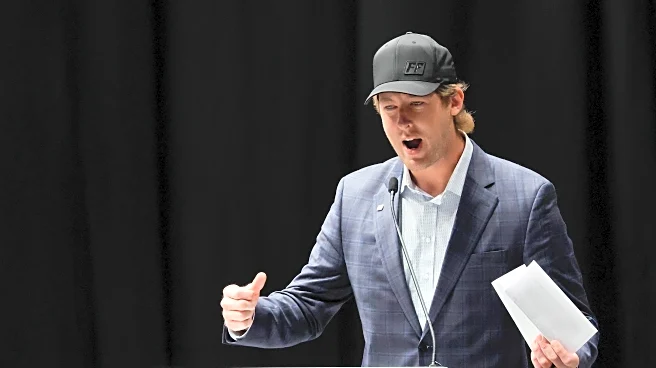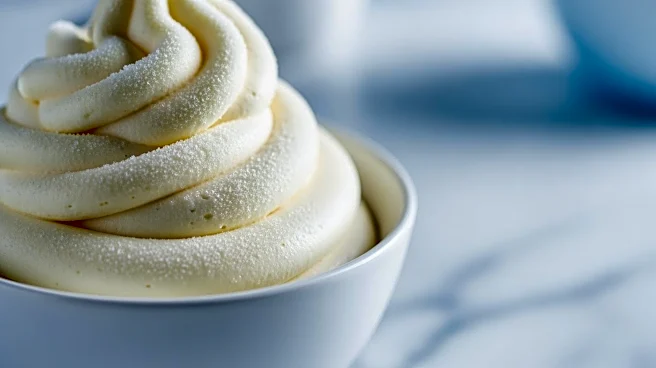What is the story about?
What's Happening?
Harvard Medical School researchers have identified martial arts as a beneficial fitness activity for individuals over 60, emphasizing its advantages over traditional exercises like walking or running. Martial arts such as Tai Chi, Aikido, and Wing Chun are highlighted for their gentle, adaptable nature, which is suitable for seniors. These practices focus on balance, awareness, and controlled movements, offering benefits such as improved coordination, posture, and flexibility while protecting joints. The research led by Dr. Peter M. Wayne suggests that Tai Chi enhances physiological complexity, aiding the body's control systems in responding to aging challenges. The social aspect of group practice also contributes to combating loneliness and fostering community.
Why It's Important?
The recommendation from Harvard underscores a shift in fitness paradigms for older adults, promoting activities that integrate mental and physical health benefits. Martial arts offer a holistic approach to fitness, enhancing resilience, calm, and confidence, which are crucial for aging populations. This approach not only strengthens the body but also enriches mood, improves sleep, and sharpens focus. The emphasis on community and social interaction through group practice addresses the issue of loneliness, a significant concern for seniors. By adopting martial arts, older adults can improve their quality of life, maintain independence, and reduce the risk of injury.
What's Next?
As awareness of the benefits of martial arts for seniors grows, fitness programs and classes tailored to older adults may become more prevalent. Healthcare providers and fitness instructors might increasingly recommend these activities as part of a comprehensive wellness plan for aging populations. The integration of martial arts into senior fitness regimens could lead to broader acceptance and implementation in community centers and retirement facilities, promoting active aging and enhancing overall well-being.
Beyond the Headlines
The adoption of martial arts by seniors could influence cultural perceptions of aging, challenging stereotypes that associate older age with physical decline. By demonstrating the physical and mental capabilities of seniors engaged in martial arts, society may begin to view aging as a period of continued growth and activity. This shift could lead to increased investment in programs that support active aging and the development of new policies that prioritize senior health and wellness.
